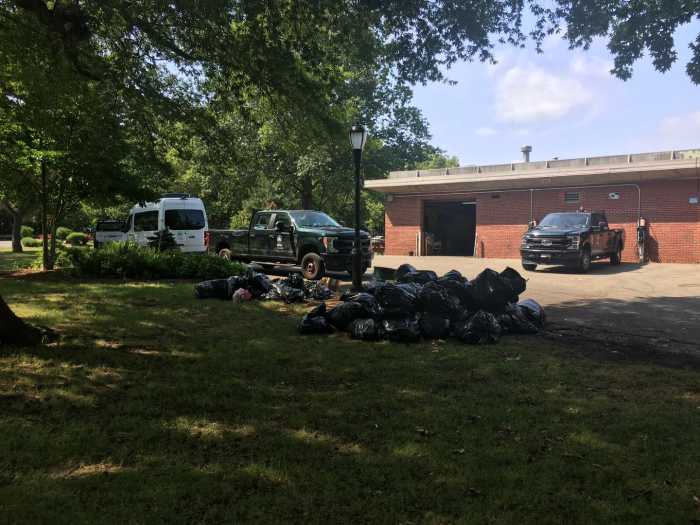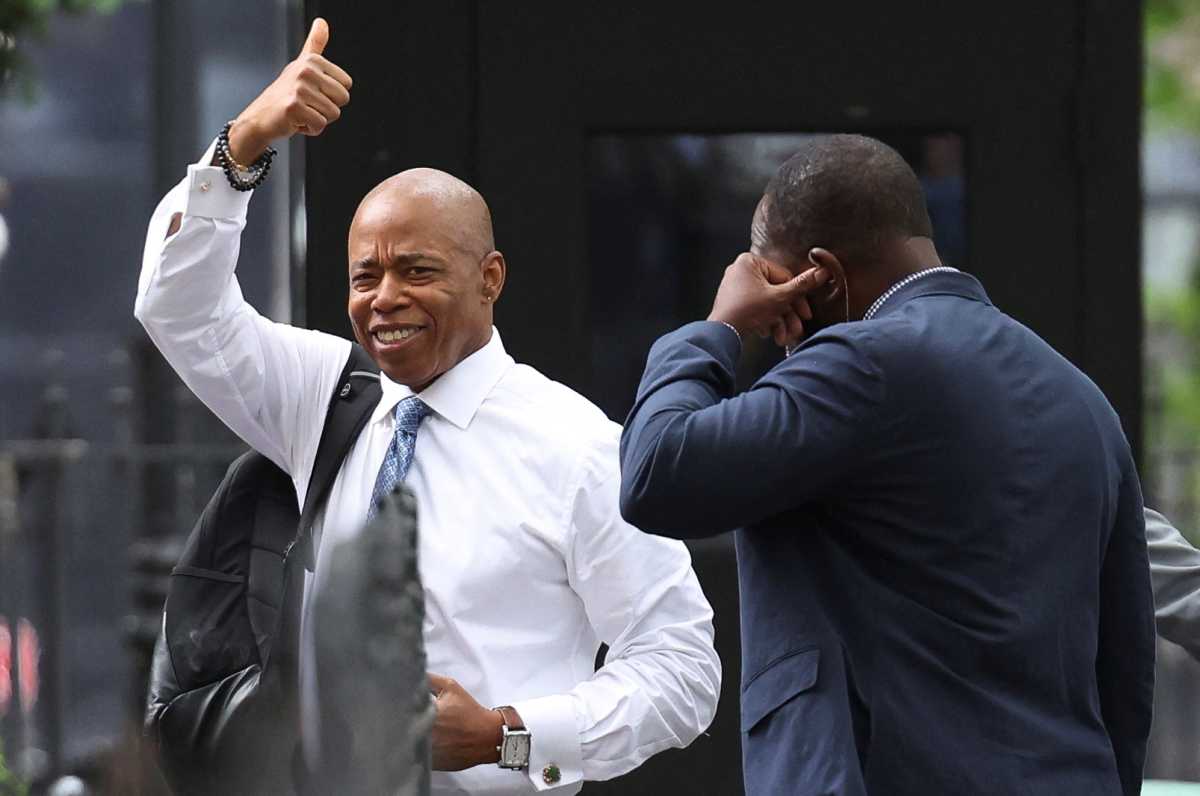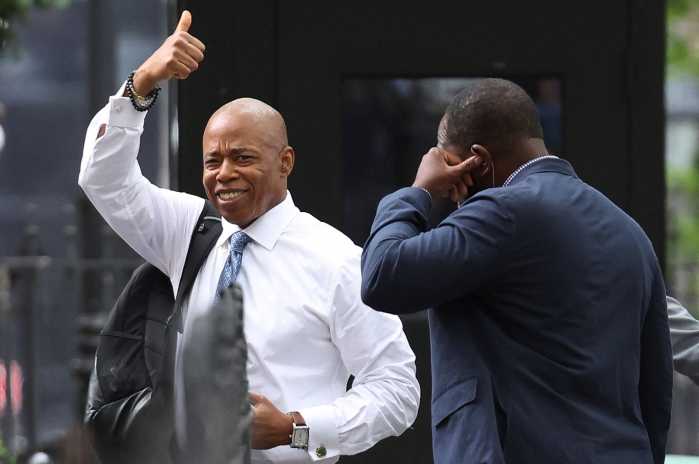A discussion on the probability of a commonwealth comprised of Jamaicans living abroad will likely highlight discussions during the fifth biennial Jamaica Diaspora Conference from June 16 to 19. Slated to be held in the second city of Montego Bay, the two-year, talkfest convened by the island’s Ministry of Foreign Affairs & Foreign Trade, which invites input from nationals residing abroad promises lively discussion on the topic. The global forum that connects Jamaicans from all over the world with Jamaicans in the home country every two years will focus on business, trade and investment, philanthropy, social investment and diplomacy.
The event seeks to strengthen existing linkages and networks, and to build alliances for Jamaica’s development and standing in the world.
One of the issues that will be discussed will be opposition leader Andrew Holness’ proposed initiative to formally include the voice of the Jamaican Diaspora in Parliament.
“I believe Jamaica now has a ‘commonwealth’ of its own in the form of the Jamaican Diaspora. It represents a significant asset to Jamaica, not only for the remittances, but more so for the tremendous human resources and international access that it secures for Jamaica. When we started with our constitution in 1962, we didn’t have this large Diaspora, sending money back to Jamaica, which is part of our gross national product, and are very much interested in our progress,” the leader of the Jamaica Labour Party said.
Holness said that after 50 years of Independence and many reforms made, several institutions, systems and practices need to be re-examined.
Of primary concern, he said, is including the participation of the Jamaican Diaspora in the country’s political process.
“So, there is this large society of persons who are very vocal and many of whom are well resourced, but they are not in any political party; is there a way to bring them into the parlay of parliament, or into the decision-making of government?”
“It is time to reconsider the section of our constitution that allows only British Commonwealth citizens the opportunity to possibly sit in our Parliament,” he reportedly said.
He said when the Jamaican constitution was written in 1962, it considered historical links with the British Commonwealth. That consideration only allowed for commonwealth citizens to be elected or appointed to Parliament. However, he pointed out that, after 50 years of independence, Jamaica now has a Diaspora approximately the same size of its local population.
Holness added that the largest of the population lives in United States.
The non-British Commonwealth population is significantly larger and growing faster, than the British Commonwealth Jamaican Diaspora population
He said other countries such as Israel and India have found ways other than remittances to leverage their Diaspora. However, Jamaica has not found a way to formally include and leverage the Diaspora in national development.
Another related topic of concern is whether Diasporans would have the right to vote.
“If a reasonable mechanism could be found to create a constituency for them and that reasonable mechanism could be something like a hybrid proportional representation system where they would be a limited number of seats reserved for nationally defined constituencies or an agreed expansion of the senate to allow independent appointments by the governor general, I am saying that there are many possibilities and we must be prepared to think out of the box and sometimes break with tradition. “They are an integral part of our economy, sending billions of dollars back home in remittances. They clearly have an interest in how Jamaica operates, but are still trying to figure out how they can help. It is clear that the Diaspora conferences are not sufficient in moving this thing along and they get frustrated sometimes, so they try to help with things like partnering with schools, old boys’ associations and things like that. But many of them would want to have a voice, and that is Parliament — a voice in how things are done.”
Catch You On The Inside!























